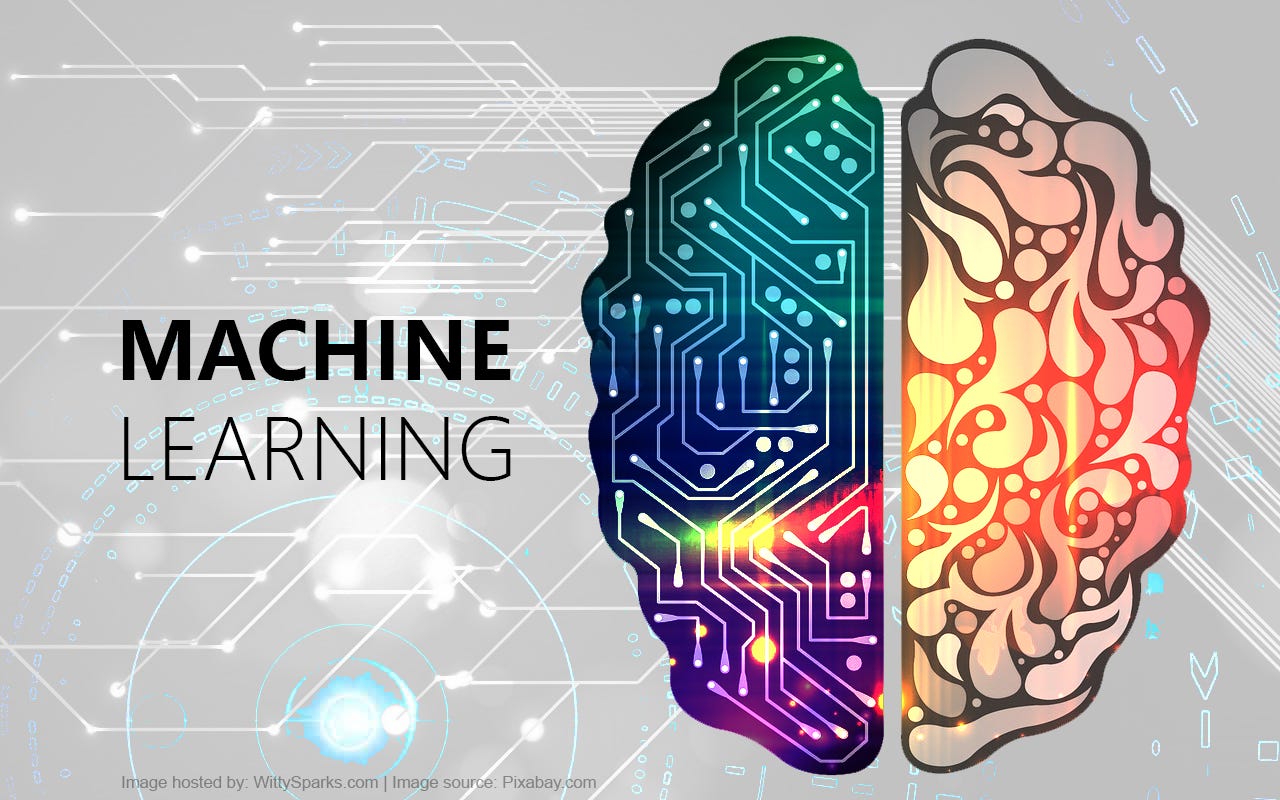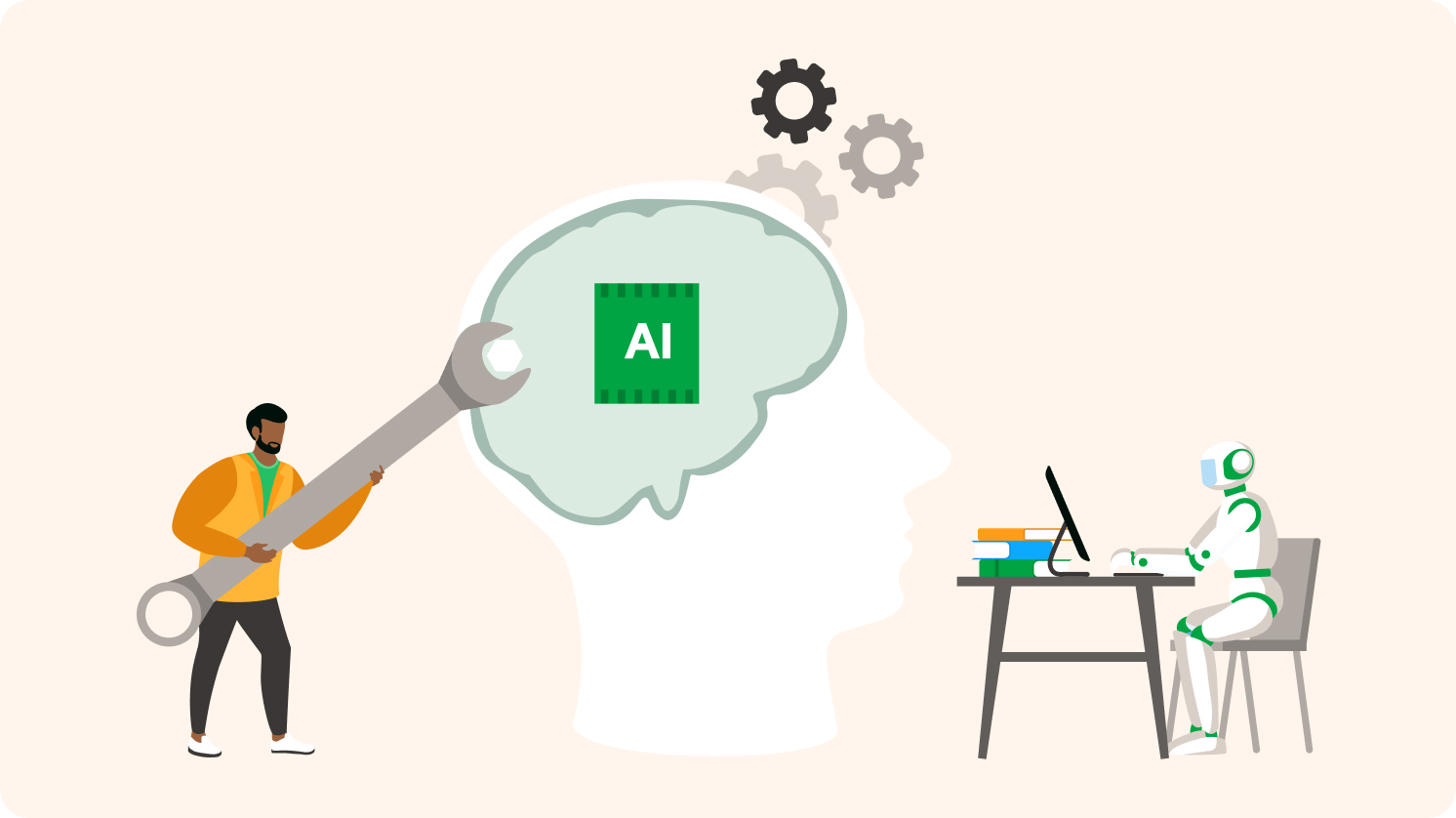Exploring the Transformative Power of Machine Learning in Various Sectors
Machine learning (ML) has emerged as a transformative force, revolutionizing industries and reshaping the way we perceive and interact with technology. In this article, we will delve into the intricacies of machine learning, exploring its foundations, applications, and the impact it has on various sectors of our lives.
I. Understanding Machine Learning:
At its core, machine learning is a subset of artificial intelligence (AI) that empowers computers to learn and make decisions without explicit programming. Unlike traditional rule-based systems, ML algorithms are designed to identify patterns and trends within data, enabling them to make predictions or decisions autonomously.
A. Types of Machine Learning:
- Supervised Learning:
- In supervised learning, the algorithm is trained on a labeled dataset, where the input data is paired with corresponding output labels.
- Common applications include image recognition, speech recognition, and predictive modeling.
- Unsupervised Learning:
- Unsupervised learning involves training the algorithm on unlabeled data, allowing it to identify patterns and relationships without predefined outputs.
- Clustering, dimensionality reduction, and anomaly detection are examples of unsupervised learning tasks.
- Reinforcement Learning:
- Reinforcement learning is centered around an agent interacting with an environment and learning from feedback in the form of rewards or penalties.
- Applications range from game playing (e.g., AlphaGo) to robotic control systems.

II. Applications of Machine Learning:
A. Healthcare:
- ML algorithms are transforming healthcare by aiding in disease diagnosis, personalized treatment plans, and drug discovery.
- Predictive modeling helps identify potential outbreaks, optimizing resource allocation during epidemics.
B. Finance:
- Financial institutions leverage ML for fraud detection, credit scoring, and algorithmic trading.
- Predictive analytics assists in forecasting market trends, enabling more informed investment decisions.
C. Marketing and E-Commerce:
- ML algorithms enhance customer experience through personalized recommendations and targeted advertising.
- Sentiment analysis helps businesses gauge customer opinions, fine-tuning marketing strategies accordingly.
D. Autonomous Vehicles:
- Machine learning plays a pivotal role in the development of self-driving cars, enabling them to navigate complex environments and make real-time decisions.
E. Natural Language Processing (NLP):
- NLP, a subfield of ML, focuses on the interaction between computers and human language.
- Virtual assistants, language translation, and sentiment analysis are examples of NLP applications.

III. Challenges and Ethical Considerations:
A. Bias in Machine Learning:
- ML models may inherit biases present in training data, leading to unfair or discriminatory outcomes.
- Addressing bias requires careful dataset curation and ongoing monitoring of model performance.
B. Interpretability and Explainability:
- Many ML models, especially complex neural networks, operate as "black boxes," making it challenging to understand their decision-making processes.
- Efforts are underway to develop more interpretable models to enhance trust and transparency.
C. Data Privacy:
- ML relies heavily on vast amounts of data, raising concerns about the privacy and security of sensitive information.
- Striking a balance between data-driven insights and individual privacy is a critical consideration.

IV. Future Trends in Machine Learning:
A. Federated Learning:
- Federated learning allows models to be trained across decentralized devices, preserving data privacy while benefiting from collective intelligence.
B. Explainable AI:
- The demand for AI systems that can provide clear explanations for their decisions is driving research and development in explainable AI.
C. Quantum Machine Learning:
- The intersection of quantum computing and machine learning holds the promise of solving complex problems at speeds unattainable by classical computers.
D. AI Ethics and Regulation:
- As AI and ML become integral to society, the need for ethical guidelines and regulatory frameworks intensifies to ensure responsible development and deployment.

Conclusion:
Machine learning stands at the forefront of technological innovation, propelling us into an era where computers can learn and adapt independently. From healthcare to finance, the applications of ML are vast and transformative. However, as we harness the power of machine learning, it is imperative to address challenges such as bias, interpretability, and data privacy. Looking ahead, the evolution of federated learning, explainable AI, quantum machine learning, and increased focus on ethical considerations will shape the future landscape of this dynamic field. Embracing the potential of machine learning while navigating its ethical and societal implications is key to unlocking the full spectrum of possibilities it offers.





















